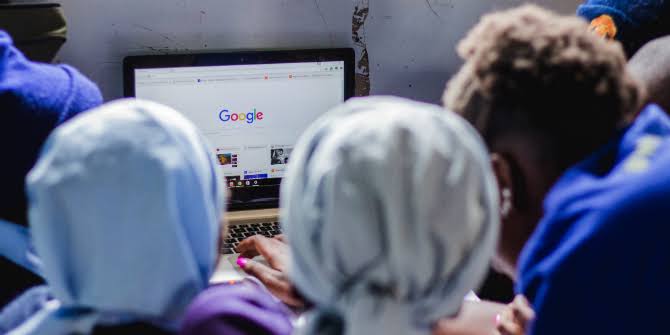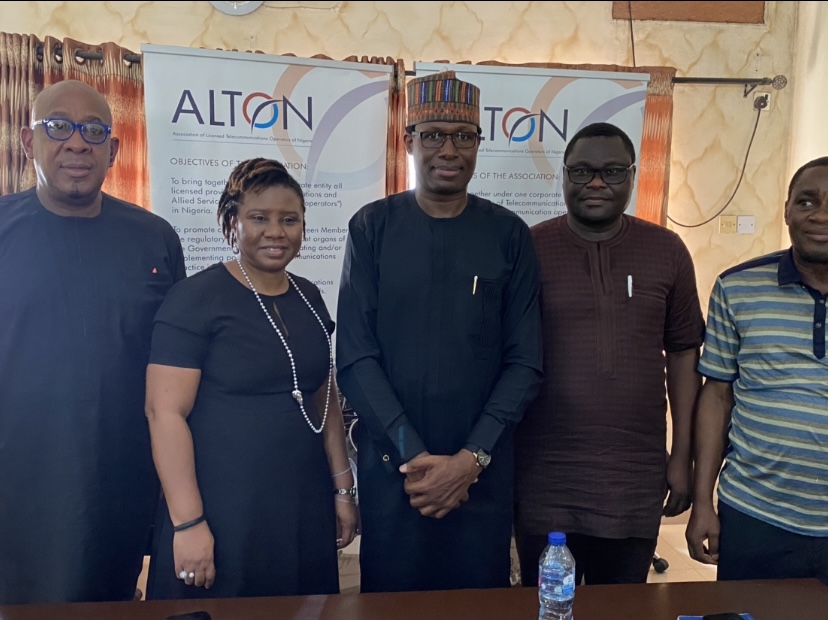According to the Minister, the Committee is in accordance with UNICEF’s global advocacy effort for protecting children online.
On Tuesday in Abuja, Pantami inaugurated the National Committee on the Development of a Unified National Strategy on Child Online Protection (COP) in Nigeria.
Members of the committee come from the Federal Ministry of Communications and Digital Economy, the Federal Ministry of Women Affairs and Social Development, the Federal Ministry of Justice, the Nigerian Communication Commission (NCC), the National Information Technology Development Agency (NITDA), the National Agency for the Prohibition of Trafficking in Persons (NAPTIP), the Association of Licensed Telecommunications Operators of Nigeria (ALTON), and the Nigerian Cyber Security Experts Association.
The initiative, which aims to build a National Strategy on Child Online Protection (COP) in Nigeria, is in line with worldwide best practices highlighted by the International Telecommunications Union (ITU) in a policy brief and recommendations released in 2020.
Remember that between 2019 and 2020, the NCC ran a large effort to educate Nigerian children about safe Internet use and has provided regular updates on cybersecurity risks.
Children are increasingly becoming involved in the use of new technological applications and taking advantage of the opportunities they provide for learning, research, and entertainment, according to Prof. Umar Danbatta, Executive Vice Chairman of NCC.
The Commission’s sensitization campaign pushed for increased online safety so that Nigerian children can compete in productive and guided interactions; enabled the provision of a safe and secure cyber space for Nigerian digital citizens, as well as promoting positive Internet use and experience for children and young people; and provided regional advocacy and awareness for Nigerian Child Online Protection Policy.
The campaign also provided regional awareness, incorporating local languages and cultural norms; shared knowledge and experience, as well as facilitating international strategic partnerships to define and implement concrete initiatives, as well as increase government, industry, educators, and civil society organizations’ understanding of child online safety.




